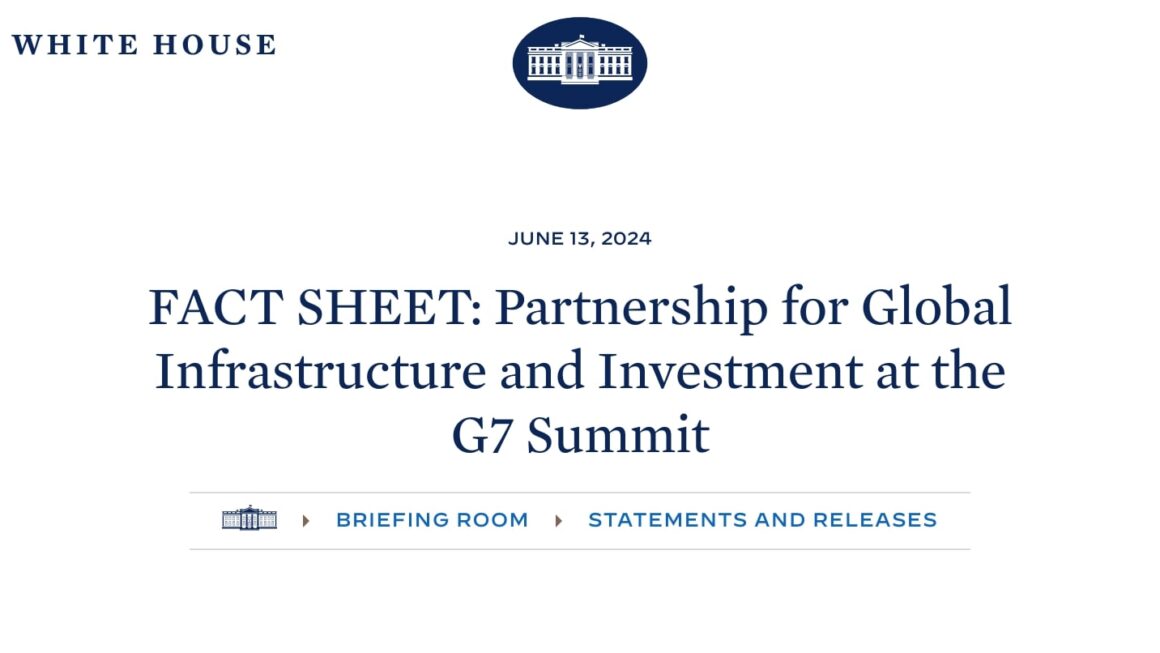Russia’s Progressive Step: Introducing Islamic Banking System to Foster Financial Inclusion
Introduction
In a significant move that underscores its commitment to economic diversification and inclusion, Russia has embarked on a transformative journey by introducing an Islamic banking system. This strategic initiative seeks to align financial practices with Islamic principles while tapping into the burgeoning global market of Islamic finance. By venturing into Islamic banking, Russia aims to bolster its economic landscape, enhance financial inclusion, and establish itself as a progressive player in the international financial arena. This article delves into the motivations, potential impact, challenges, and implications of Russia’s foray into the realm of Islamic banking.
I. A Confluence of Economic Objectives
Russia’s decision to introduce an Islamic banking system is rooted in a confluence of economic and social objectives:
- Diversification of Economic Base: The volatile nature of global commodity markets has underscored the need for Russia to diversify its economy beyond traditional sectors like energy. Islamic banking offers an alternative financial model that could attract investments and promote economic resilience.
- Tapping into Global Islamic Finance: The Islamic finance industry is rapidly growing worldwide, presenting lucrative opportunities for international collaboration and investment. By adopting Islamic banking practices, Russia seeks to tap into this market, forging new partnerships and enhancing global financial integration.
- Serving Diverse Population Needs: Home to a substantial Muslim population, particularly in regions such as Tatarstan and the North Caucasus, Russia’s embrace of Islamic banking aims to cater to the financial preferences and needs of its Muslim citizens. This initiative demonstrates a commitment to social inclusion and cohesion.
II. A Primer on Islamic Banking
Islamic banking is guided by the principles of Sharia, which prohibit interest-based transactions (Riba) and emphasize ethical financial practices. Key principles of Islamic banking include risk-sharing, transparency, and social responsibility. Islamic financial instruments such as Mudarabah (profit and loss sharing), Musharakah (partnership), and Ijarah (leasing) reflect these principles. These instruments encourage equitable wealth distribution and discourage speculative behavior.
III. Potential Implications and Benefits
Russia’s entry into Islamic banking holds several potential implications and benefits:
- Enhanced Financial Inclusion: Islamic banking opens doors for segments of the population that may have been underserved by conventional banking methods, thus promoting financial inclusion and reducing disparities.
- Foreign Investment and Trade: Russia’s adoption of Islamic banking can attract investment from countries with well-established Islamic finance markets. This move could also facilitate trade relations with nations in the Middle East, Southeast Asia, and beyond.
- Innovative Financial Services: The introduction of Islamic banking can foster innovation in financial products and services, catering to a broader range of customer preferences and demands.
- Diversified Investment Portfolios: Islamic banking encourages asset-backed financing and investment, contributing to the diversification of investment portfolios and potentially increasing financial stability.
IV. Navigating Challenges and the Path Forward
While the introduction of an Islamic banking system presents promising opportunities, it is not without challenges:
- Regulatory Framework: Adapting the existing regulatory framework to accommodate Sharia-compliant practices while ensuring financial stability is a complex task that requires careful consideration.
- Awareness and Education: Raising awareness among both financial professionals and the general public about the principles and benefits of Islamic banking is essential for successful adoption.
- International Standards: Aligning with international standards of Islamic finance ensures credibility and fosters collaboration with established players in the global Islamic finance market.
- Risk Management: Effective risk management strategies must be developed to navigate the unique risk-sharing mechanisms inherent in Islamic banking.
Conclusion
Russia’s endeavor to introduce an Islamic banking system reflects its forward-looking approach to economic diversification, financial inclusion, and global integration. By embracing the principles of Islamic finance, Russia has the potential to create a financial ecosystem that caters to diverse needs and aligns with ethical and equitable financial practices. As Russia takes steps towards realizing this vision, it positions itself as a dynamic player on the international stage, opening doors to new opportunities, collaborations, and economic growth.














